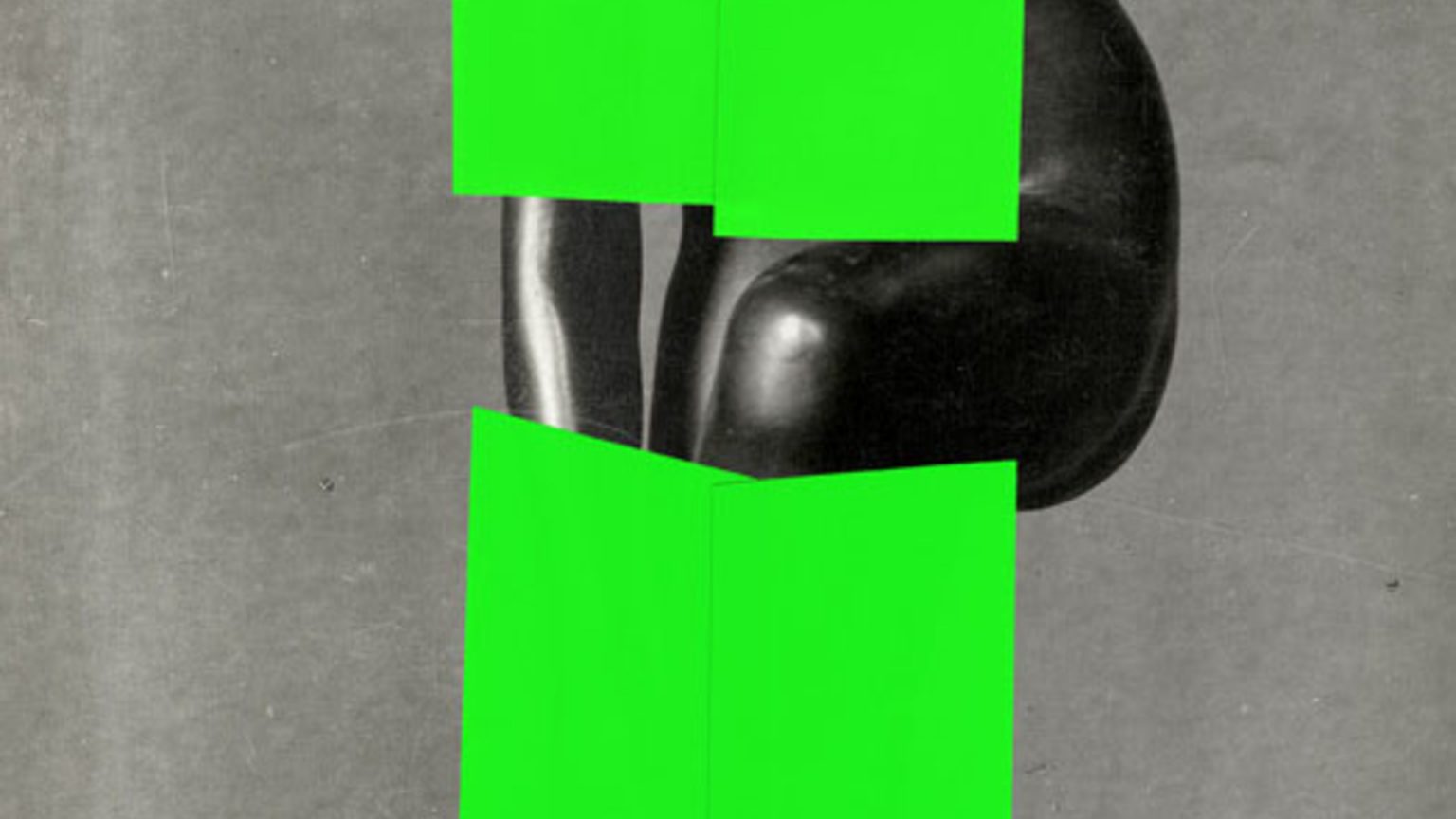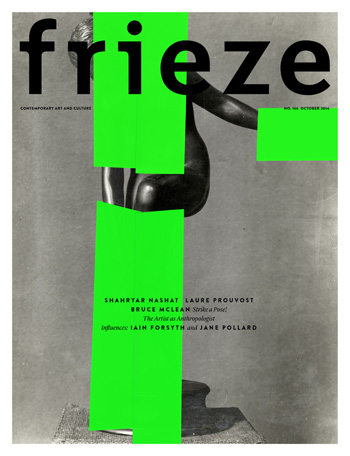In a tweet earlier today, Frieze reminded us that, apart from the current one, all the issues of its magazine, going back nearly 25 years, are freely available online. I say “reminded”; this is actually news to me and must be a relatively recent development. I’m quite sure that if I’d been able at access and read Tal Sterngast‘s piece from the most recent back issue, May 2015, on the current relevance of Fassbinder’s Berlin Alexanderplatz (1980) and on Manfred Hermes’s book, Hystericizing Germany: Fassbinder, Alexanderplatz, I’d have told you about it.
So what else is in that archive? Here are a few items plucked from a first quick browse—in reverse chronological order:
- Mark Fisher on Hollywood’s newfound taste for revolution (January-February 2015).
- Jonty Claypole on Peter Watkins (September 2012).
- Kristin M. Jones on David Lynch‘s INLAND EMPIRE (May 2007).
- Bert Rebhandl on Apichatpong Weerasethakul (November-December 2006).
- Jan Verwoert on Jonas Mekas (April 2006).
- Mark Webber on Gregory Markopoulos (October 2004).
- Gavin Smith on Olivier Assayas (January-February 2004, scroll down).
- Dan Fox on Luchino Visconti (January-February 2004) and Dario Argento (December 2000).
- George Pendle on Stan Brakhage (May 2003).
- James Trainor on Guy Maddin‘s Dracula: Pages from a Virgin’s Diary (October 2002).
- Manfred Hermes on Eric Rohmer‘s The Lady and the Duke (May 2002).
- Katja Nicodemus on Volker Schlöndorff’s The Legend of Rita and Christian Petzold‘s The State I’m In (May 2001).
- Jon Savage on Todd Haynes‘s Velvet Goldmine (October 1998).
- Peter Wollen on the demise of 16mm distribution (May 1995) and the films of Andy Warhol (May 1994).
MORE READING
“My problem is that I’m middle-class,” Woody Allen tells Sam Fragoso in a conversation for NPR. “If I was crazy I might be better.”
Will Di Novi in the Los Angeles Review of Books on what led Joshua Oppenheimer to make The Act of Killing (2012) and The Look of Silence (2014):
While completing his undergraduate degree at Harvard, he began to make a series of imaginative films that laid the groundwork for his Indonesian documentaries. These Places We’ve Learned to Call Home and The Entire History of the Louisiana Purchase focused on characters nearly as volatile as the paramilitaries in his recent films; they were stories about religious fundamentalists, antigovernment militiamen, and science fiction fanatics, told through incisive interviews and fantastical images….
But the origins of his Indonesian films can be traced back even further, to a series of memory-obsessed documentaries that emerged in the decades after World War II. Films like Jean Rouch’s Chronicle of A Summer, Chris Marker’s Le Joli Mai, and Marcel Ophuls’s The Sorrow and the Pity employed a circular, free-associative approach to recent European history, illustrating the ways in which the past is always present in a society.
José Arroyo finds Luchino Visconti’s La terra trema (1948) “to be one of the treasures of 20th Century Art and the work of a poet with a generous heart, an incisive mind and the skills of a virtuoso (as a an aside, but perhaps worth noting, Francesco Rosi and Franco Zefferelli, as opposite as directors can be, both worked as assistant directors with Visconti).”
For Film International, Paul Risker talks with Andrew Bujalski about Results.
Stan Brakhage’s The Dead (1960)
Ben Slater‘s posted a remembrance of Pierre Cottrell, the producer who worked with, among many others, Eric Rohmer, Barbet Schroeder and Peter Bogdanovich. “When I was writing my book on Saint Jack, I would speak to Pierre on the phone, but most of the best material came from long emails he’d send me, some of which was so potentially libelous I could never use it. He did me the great favor of organizing a phone interview between myself and Roger Corman. This gave me a glimpse into his legendary ‘fixing’ skills. I was sent very clear instructions—a time (the middle of the night in Singapore), a phone number—and it all went like clockwork. Pierre prided himself on getting this stuff done.”
GOINGS ON
Wrocław. There’s a Philippe Garrel retrospective happening at the New Horizons International Film Festival through Sunday and, for Matt Thrift at Little White Lies, is “cause for squeals of excitement, not least due to their presentation from shimmering 35mm prints and on vast screens. Viewing these films en masse also serves as the ideal means of working one’s way through such a distinctive filmmaker’s back catalogue, given how intrinsically inter-connected and how nakedly autobiographical his work proves.”
ENDNOTES
Listening (41’18”). From Karina Longworth, You Must Remember This #53: Charles Manson’s Hollywood, Part 10: Roman Polanski After Sharon Tate.
More listening (107’53”). Illusion Travels By Streetcar #66: Ken Loach & Jim Allen’s Days of Hope (1975).
For news and tips throughout the day every day, follow @KeyframeDaily. Get Keyframe Daily in your inbox by signing in at fandor.com/daily.





